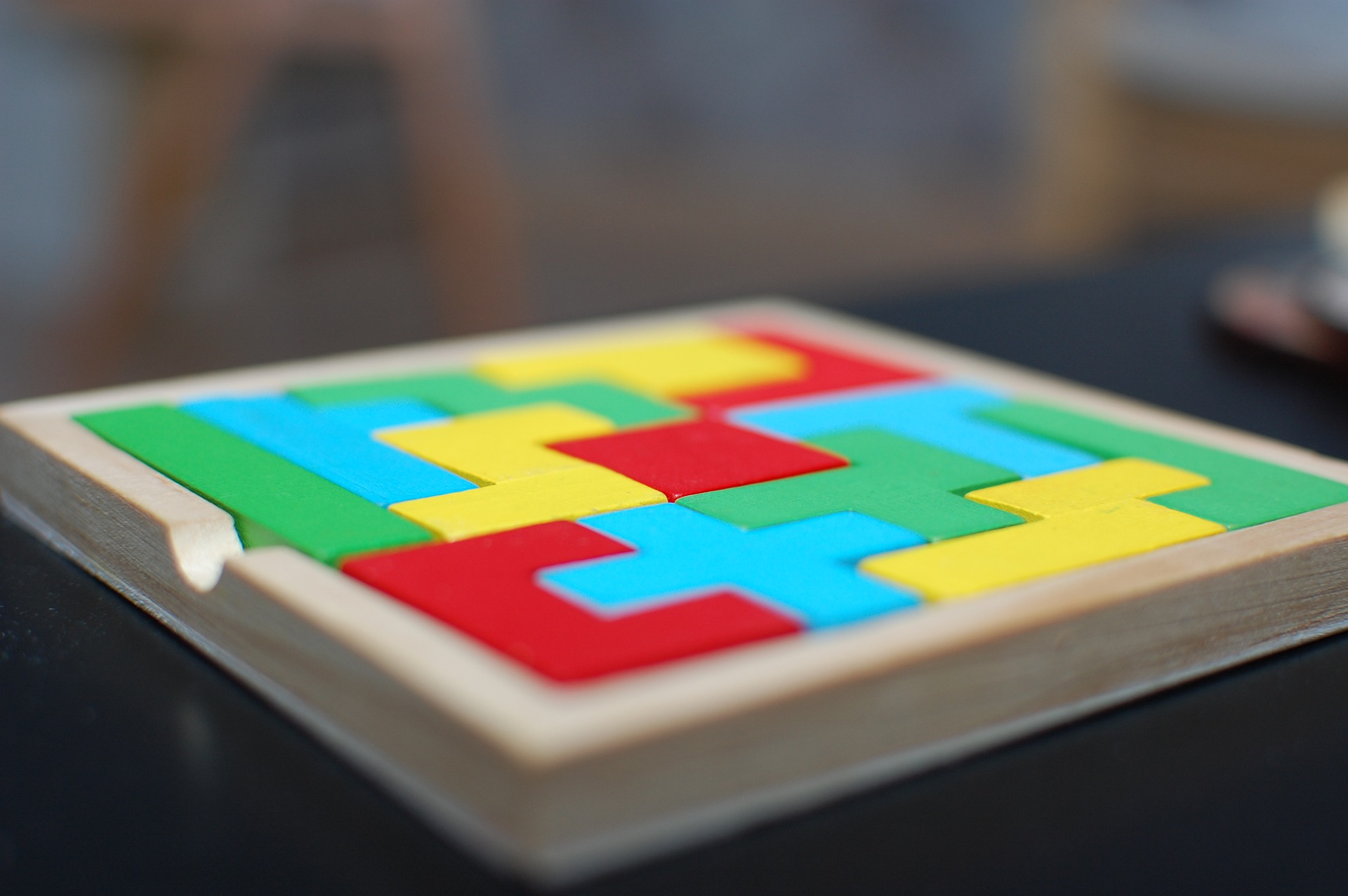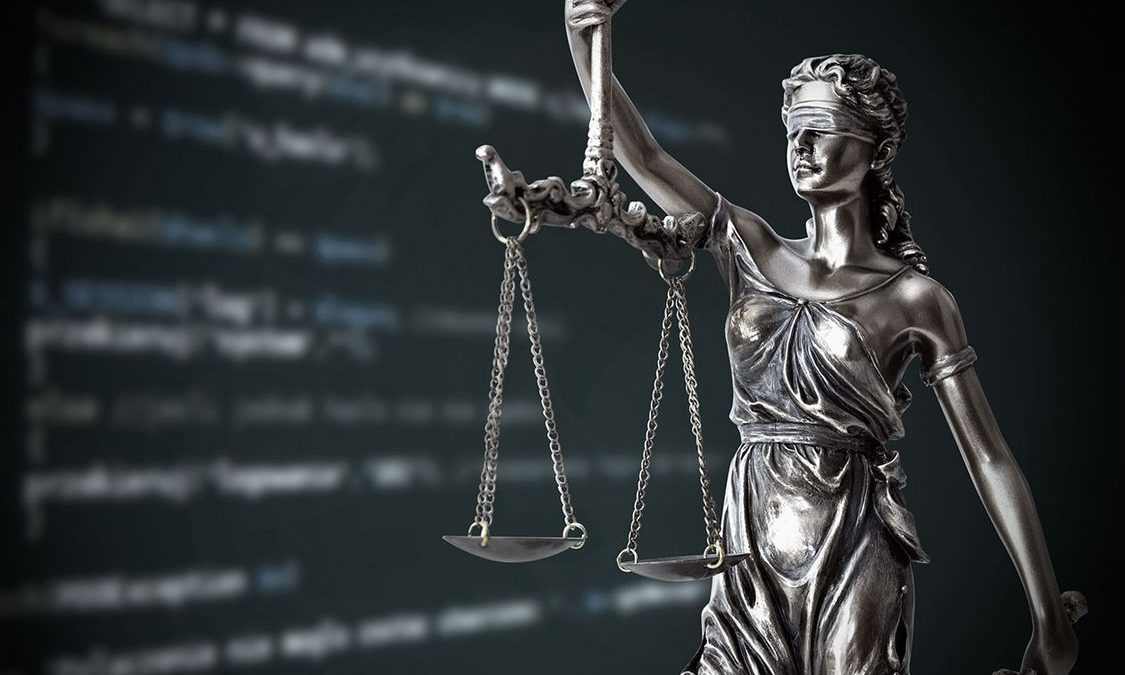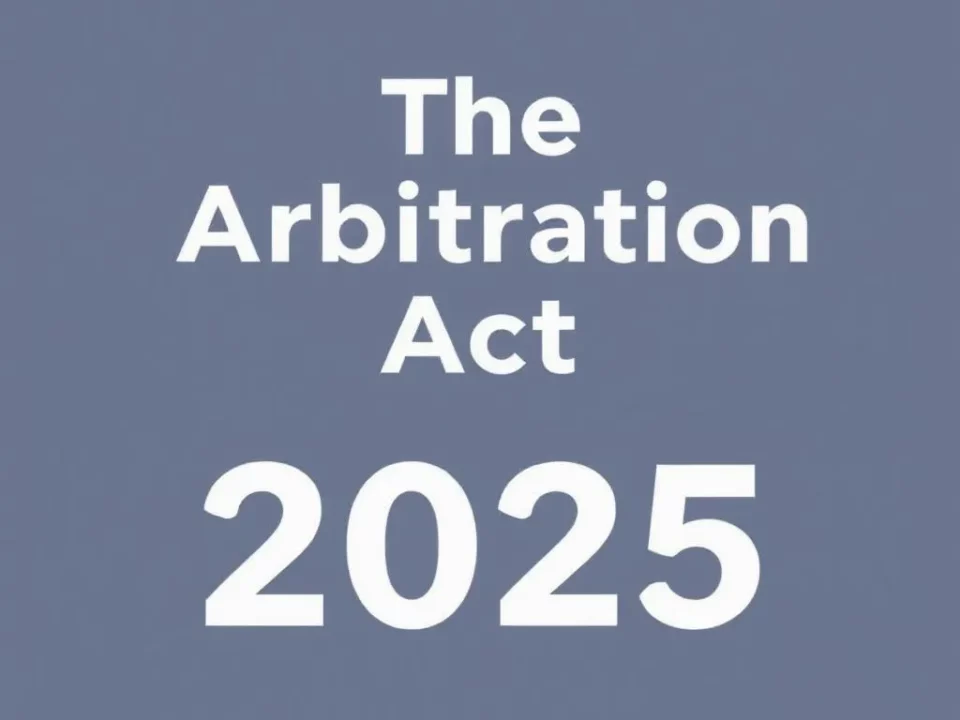
How To Develop Your Critical Thinking Skills
June 30, 2020
EasyJet, not so easy times
July 1, 2020Neide Lemos writes about pupillage in lockdown, the new ‘second six’ experience and the challenges that budding barristers may face.
For years we have seen a reduction in the number of pupillage places. However, it is likely that this will continue due to restrictions on funding and availability of hearings. At the start of lockdown, many pupils were entering their ‘second six’, the term in which they are able to take responsibility for their own cases in court. However, since lockdown, Chambers and pupils have had to quickly adapt to the new way of training whilst restrictions are upheld.
As Covid-19 continues to impact pupil barristers, we look at the challenges that pupils are facing.
‘On your feet’
Second six is the most anticipated moment of pupillage. During this time, pupils represent their own clients in court. However, over the past few months, pupils have undergone a new form of training. For now, it is being undertaken whilst seated at home. As opportunities are limited, shadowing and remote conferences now take place on online platforms. At the same time, pupils attend advocacy workshops and seminars online. Whilst chambers are adapting the training of their pupils, it is questioned whether online courtrooms will be enough to get pupils ready for tenancy.
Whilst some pupils have made it to court, others have taken their own cases remotely. Court closures has left an unprecedented challenge, on both the training and the legal profession. For example, courtroom advocacy is a prominent feature of the criminal bar. To improve confidence and form a practice, criminal pupil barristers need to be on their feet. This pandemic has meant there are limited opportunities for criminal pupils to ensure that they develop and maintain sharp advocacy skills. Although the most affected area is crime, every area of the bar has been impacted by this pandemic. There is a surge in civil cases, and family proceedings taking place on remote platforms. Evidently adaptability is a feature of the profession. For pupils at the start of their pupillage this may not seem to be completely new, but it is surely not how they expected to get on their feet. To a degree, with the technological advances in courts, pupils are benefitting from a more accessible way of learning.
Are Remote Hearings Here to Stay?
The Covid-19 pandemic has left courts in crisis. Over half of the courts in England and Wales have been left unused. Although we see courts reopen across the country, there is still an increasing backlog of cases. The low number of pupillage places is likely to contribute to the continuing rise of cases in the criminal courts. Emergency nightingale courts are to be introduced to tackle this backlog issue. For this reason, chambers must continue to recruit for pupillage spaces, especially in those areas where the demand is high. This will ensure that there are enough barristers for people to access justice, whether done remotely on in-person.
For most part, remote hearings have their practical benefits. This can save travel time and even work to ensure more cases are heard, albeit this would still prove difficult in criminal cases. Under normal circumstances many pupils should now be trailing their cases across the country. Thus, many have found it easier to attend remote hearings. The time spent travelling can now be used for pupils to shadow more hearings than before. Of course, the undue delays persist due to technological issues meaning cases cannot be fully effective. For this to be effective in the future, we must ensure that we keep up to date with technological advances. Despite uncertainty in this new way of training, an accessible Bar is what we have hoped for the future, and the feedback provided by current pupils will shape future training.
Mental Health during Pupillage
It ought to be easier to manage pupillage when supervisors and other pupils are a ‘zoom’ away. Having said that, lockdown has also highlighted issues regarding mental health. Many pupil barristers have shared their concerns. According to a survey conducted by Young Legal Aid Lawyers, coronavirus currently accounts for 45% of pupils who felt they received less supervision and support. These findings suggest that chambers need to find new ways to help pupils manage lockdown.
However, financial pressures on chambers may affect the number of future pupillage places and eventually, tenancy. It is estimated that 83% of barristers of up to seven years call cannot survive a year at the bar. At the same time, it is likely that we will see reduced pupillage awards and perhaps more shying away from the Bar due to fear of increasing debts in the first years. Although chambers have continued to invest in training, how can we ensure that pupils can sustain their practice and not be negatively impacted by the virus? On top of that, some third sixes are yet to be spoken of. It is time for greater consideration of the future of pupillage. More fundamentally, it is time to find new ways to keep the inflow of new pupils.
The Future of Pupillage
While the challenges are clear, this has been a test for the future of the bar and pupillage. Plans for the training of future pupil barristers should consider the impact of the pandemic on current pupils. A combination of virtual training and remote hearings is likely to continue in the long term. What is needed therefore is a support hub to ensure that pupils are ready to enter tenancy. For now, the reopening of courts is clearly a positive step – but then again this could be causing further disruption to pupils.
Neide Lemos, The Student Lawyer





